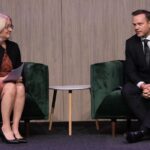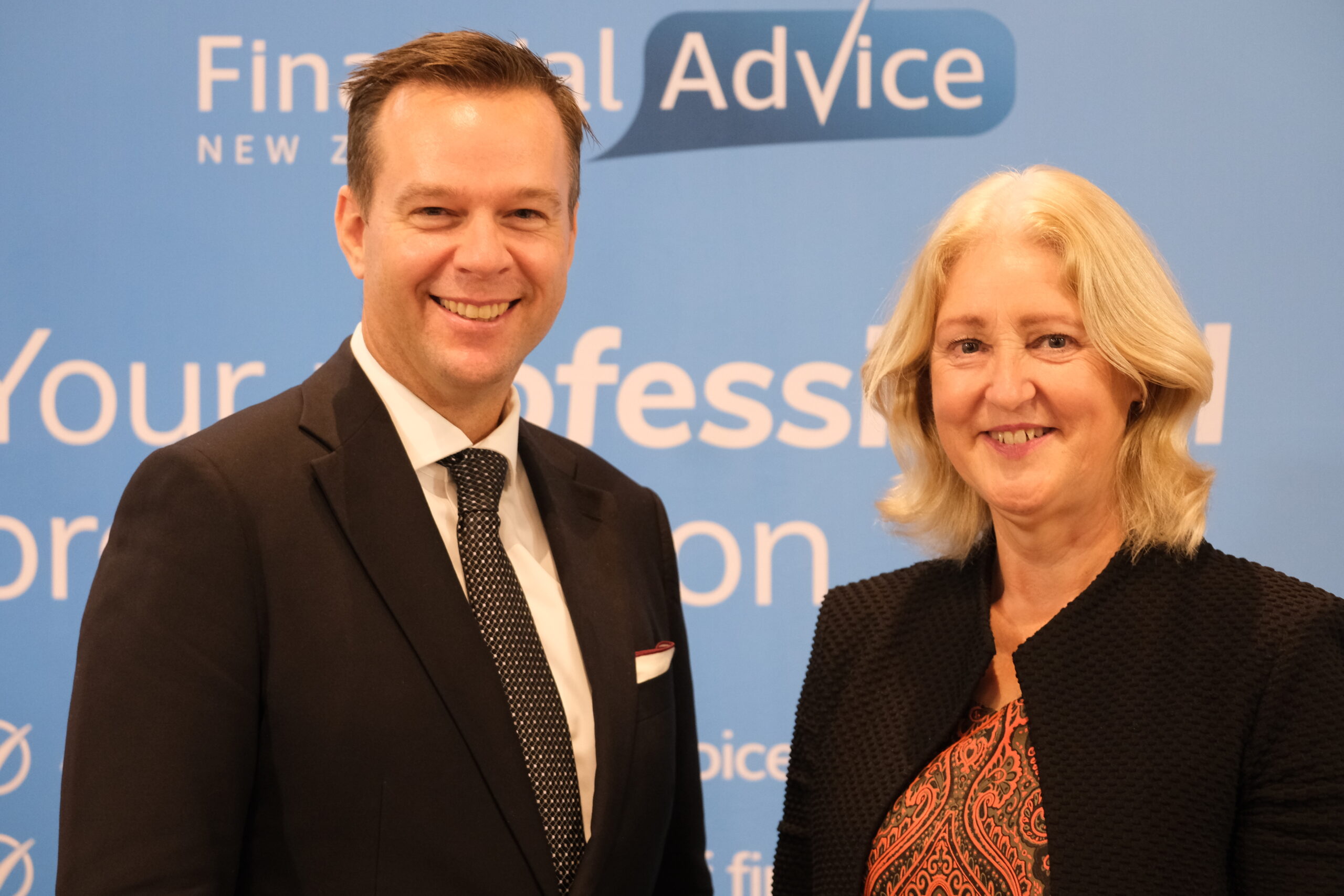Media release
MR No. 2019 – 34
25 July 2019
New online tool to help advisers explore their options
The Financial Markets Authority (FMA) today announced it will start accepting transitional licence applications from 4 November 2019.
Anyone providing financial advice to retail clients from June 2020 (the start of the new regime) will need to operate under a Financial Advice Provider Transitional Licence. Advisers can either get their own licence or work on behalf of someone else who holds a licence.
The new regime aims to ensure all New Zealanders have access to quality financial advice – helping to build public confidence in advisers.
To support adviser businesses through the change, the FMA has released an online decision tool, ‘Explore your options’. It has been designed for advisers who are still considering how they would like to operate in the new regime, where they fit in, what their duties are, the costs involved and the next steps they need to take.
The FMA has also published a guide to applying for a transitional licence – outlining what applicants will be asked as part of the application process.
John Botica, Director of Market Engagement at the FMA said, “We’ve spoken to hundreds of advisers over the past year and received an overwhelming request for straightforward, practical support on how to operate in the new regime. Many advisers are still unsure what path they want to take in the new regime.
“‘Explore your options’ has been developed as a guide to get advisers started. We tested it with some advisers and modified it based on their suggestions to ensure it best meets advisers’ needs,” he said.
“We will continue to update the information in the tool as more details are confirmed.”
The FMA said the process to apply for a transitional licence would be straightforward and in most cases managed entirely online.
“Transitional licensing will give us a better sense of who is operating in the market – helping us anticipate the number of full licence applications and resources needed for ongoing monitoring and supervision,” said Mr Botica.
ENDS





